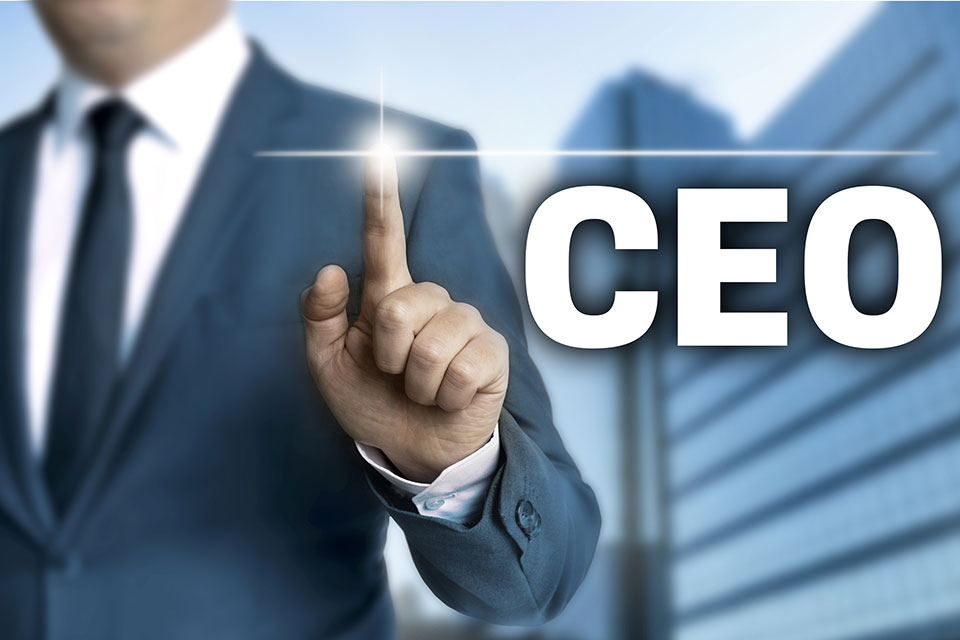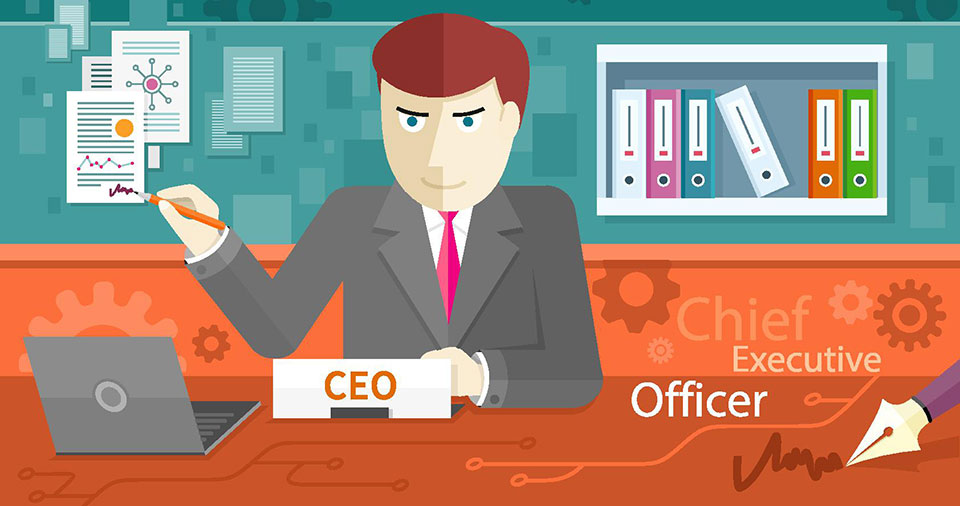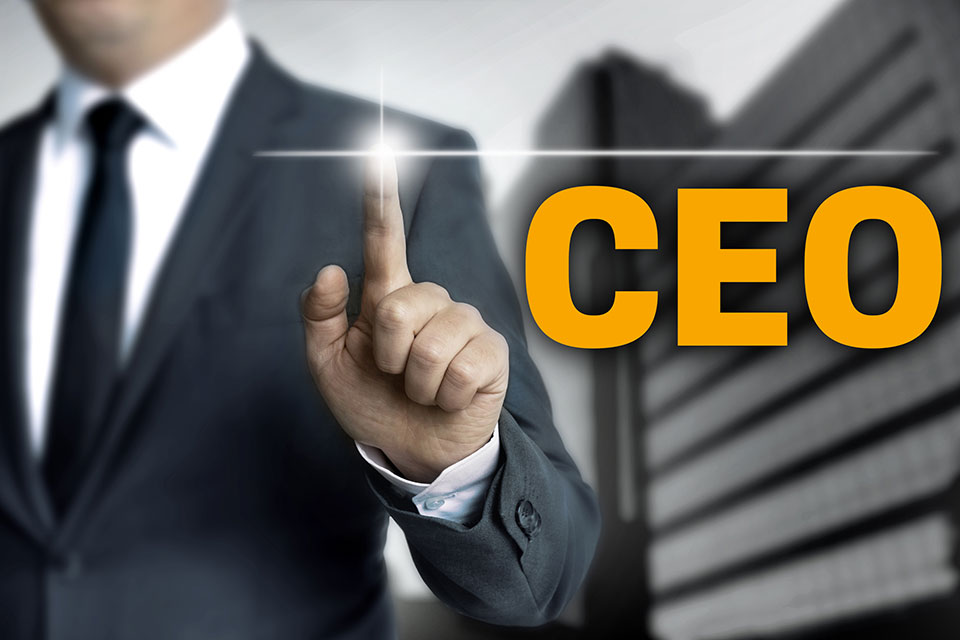Have CEO’s mastered the psychology of leadership in pandemic times?

- It is intuitively and classically understood that leaders as architects delve on organisation’s future.
- Is there any doubt on this? As CEO’s they have a bigger role to play.
- The game changes rather it has changed, especially during pandemic times, streaming extraordinary encounters with unknown.
Few of these are known-unknowns on the cooler side but several still are unexpected-unknown-unknowns! So, what do we do on these, where little or no control exist over events? Secondly, what about humans, the asset one has some control over? Perhaps, you are coming closer to the context of discussion and that is exploring psychology of leadership in pandemic times.
The quest
Therefore, firstly explore what are the contemporary challenges you have at workplace. As a CEO, the primordial responsibility is to map all challenges, whether certain or uncertain, about to encounter or are encountering. Segregate them, which are controllable and ones that are outside the posit of control.
Carry on examining what is the principal direction, which psychology interfaces within your organisation during current pandemic times. What level of human interface is about to impact the overall performance?
It is understood that psychology encompasses areas around mind and behaviour of mankind. With increased anxiety and stress around in abundance, how can one leader pitch positivity and add to well-being? Clinical psychologist and scientist mapping brain behaviour consider that at these times, leaders must exhibit higher level of individual performance, thereby demonstrating abilities to undertake difficult tasks and also encourage the peer group to pursue similar ones.
These leaders have an upper task with their responsibilities in crafting creative environments harnessing innovation. They indeed have a difficult task in hand and that is control over psychological processes. Hence, in these complex times, how to unwind and learn the intricacies of psychology at work place that pushes leadership and not letting being inundated, leading to failures becomes a principal thought for critical thinking!
To push further, we must not forget that innovation is the key vector in the current pandemic scenario, which must be harnessed in all forms, engaging entrepreneurial abilities for organisational performance. Are there any mechanisms for pushing innovation at the workplace? To be sure that there would an interface between the leadership in action and the innovation at the workplace, it must be hence, exploited to fullest.
Let’s not discount the valued human chain around the organisation with abundant abilities, waiting to be unfurled and respected for launching their critical thinking. Have we given them space to do so, in exhibiting their innate talents or just whipped our stale ideation in canvassing our personal agenda? Allow them to hoist their creative flags of wisdom and be assured that these lateral lines are latent assets, ready to capitalise the future.
Genesis an innovator
Psychologists clearly opine that both traits of being a leader and an innovator or a creative personality initiates at home. These skills are found at the early stage of an individual and hence, require nurturing at the nascent stages. These then embed into one’s personality as a leader for the future, readying tacitly for more complex tasks in hand.
We should agree that these creative abilities must be honed at the development stage of any child. It continues with parenting and hand holding until the child matures and graduates to an adulthood. But it does not stop here. It continues at the structural level of an organisation, where the setting changes to a real world with far more complex situations encountering and handling human beings. It is here the family training followed by nurturing at the organisational settings, make a key difference. How do we as strategic leaders foster this connectivity of an elated mind at workplace capitalising on creative thinking?
Action
Leaders must carefully optimise resources, adapting and manoeuvring the organisational culture for enhancing creativity and innovation. How many do so? Do you have reservations or are shy to accept that ‘this is all I have and can do’ and let others with creative mindsets to take the lead? In current times, it’s not the age or experience, which matters; it is the acceptance of fresh ideas from younger mindsets, who will play a critical and dominant role in encountering VUCA situations.
This demands an empathetic approach, so that the persons are motivated to be a part of the decision process, participative within the winning team of the organisation. The organisation we are talking about must be a ‘learning organisation. It is here what makes a difference, where the entities with their leader are seamlessly engaged in symphony, caressing diversity and leveraging upon individual strengths. Each individual is a precious bead that knits the necklace.
Each one is as important as the peer and must flower in difficult times. The boundaries must be respected both at personal and profession level. There is a thin wall of intersection but must be carefully examined and respected. This is where learning matrix and art on deepening an understanding psychology at work place becomes interesting.
The psychological connect integrates body-mind and soul, as Plato said. There is a dire need for a collective vision. The finest challenge for the new age leader is to create an ecosystem that embraces creativity and innovation through positive psychology at workplace. A good emotional quotient with tenacity to address challenges can be a good combination of leadership skills besides being a credible individual. At workplace the leaders must allow employees to experiment with their creative ideas. Are you doing so?
Learnings
Early failures, not impacting much of the processes and systems as controlled risks may be allowed. For a learning organisation, empathising and handholding becomes the most demanding behaviour expected from a leader. The pandemic times have accelerated a complex phenomenon of individual’s health and profession at stake, simultaneously.
Even leaders as human beings have been sparsely spared. So how do they fix this imbroglio does not have a fixed recipe as an answer. It needs a thunderbolt thinking and revising the basics of psychology of individuals and at workplace.
What adjustments can be crafted may not have a text book result but needs to be addressed and crafted innovatively, meeting organisational goals. Thus, have the CEO’s mastered the psychology of leadership in pandemic times?
Written by Dr. Manoj Joshi.
Bring the best of the CEOWORLD magazine's global journalism to audiences in the United States and around the world. - Add CEOWORLD magazine to your Google News feed.
Follow CEOWORLD magazine headlines on: Google News, LinkedIn, Twitter, and Facebook.
Copyright 2025 The CEOWORLD magazine. All rights reserved. This material (and any extract from it) must not be copied, redistributed or placed on any website, without CEOWORLD magazine' prior written consent. For media queries, please contact: info@ceoworld.biz










